U.S. President Donald Trump reiterated on April 25 that he believes Ukraine's desire to join NATO triggered Russia's full-scale invasion, adding that Crimea "will stay with Russia."
In an interview with Time magazine, Trump said, "If Crimea will stay with Russia — we have to only talk about Crimea because that's the one that always gets mentioned."
"Crimea will stay with Russia. And (President Volodymyr) Zelensky understands that, and everybody understands that it's been with them for a long time. It's been with them long before Trump came along."
The comments come as the Trump administration intensifies efforts to broker a peace agreement between Russia and Ukraine.
A draft plan presented to Ukrainian and European officials in Paris on April 17 reportedly includes U.S. recognition of Russia's annexation of Crimea and a ban on Ukraine joining NATO.
Any move by the Trump administration to formally recognize it as Russian territory would contradict a decade-long bipartisan consensus in Washington and international law.
The U.S. president also repeated his claim that Ukraine provoked the war by pursuing NATO membership.
"I think what caused the war to start was when they started talking about joining NATO," Trump said.
That assertion contradicts the historical record.
Ukraine has publicly expressed interest in joining NATO since the early 2000s, including during the 2008 Bucharest Summit, without triggering war.
Russia's full-scale invasion in 2022 was widely condemned as an unprovoked act of aggression that violated international law and Ukraine's sovereignty.
CIA deputy director’s son killed while fighting for Russia in Ukraine, investigation claims
Michael Gloss studied Human Ecology at Middlebury College in Vermont and was described by friends as an eco-activist, women’s rights supporter, and anti-fascist.

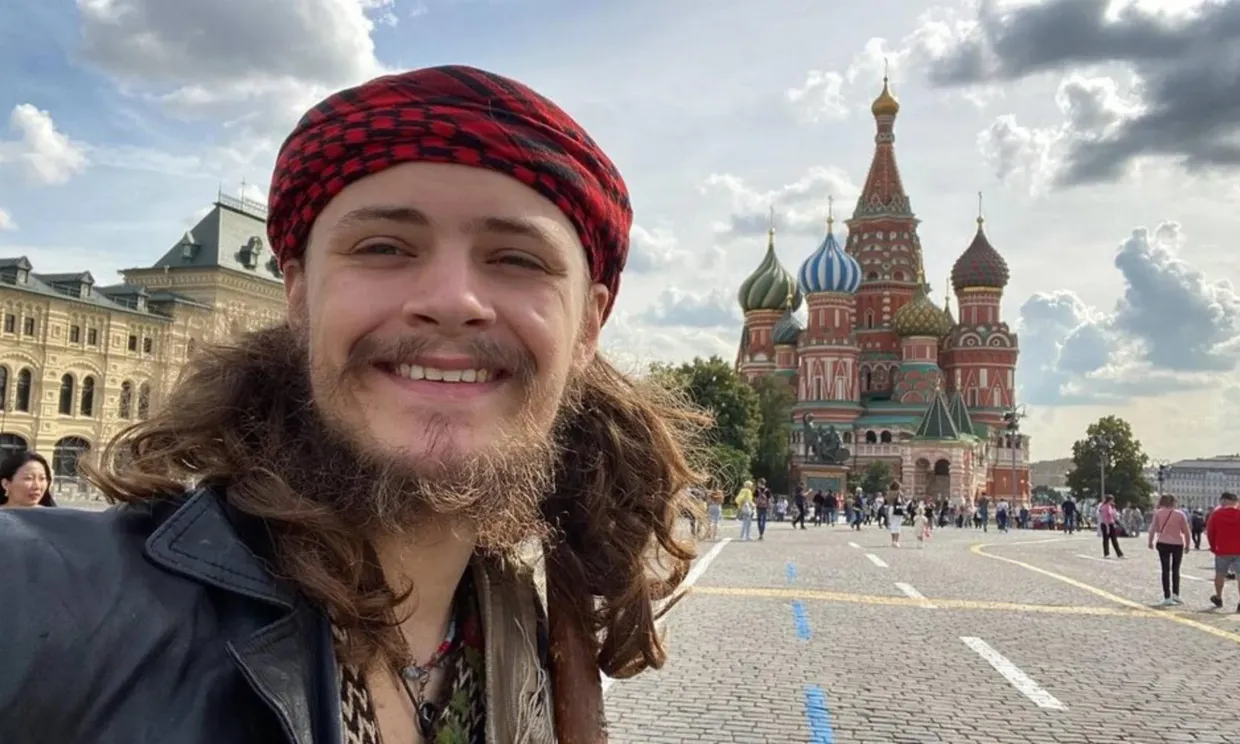
President Volodymyr Zelensky has firmly rejected any peace deal involving territorial concessions.
"This violates our Constitution. This is our territory, the territory of the people of Ukraine," he said on April 22.
Trump has denied that the U.S. is pressuring Ukraine to accept Crimea's annexation, but has also criticized Zelensky's refusal to consider it as "harmful to the peace negotiations."
He previously claimed the U.S. has a deal with Russia and only needs to reach one with Ukraine, adding that Zelensky has been "harder" to negotiate with than expected.
The peace proposal has sparked strong backlash even from Trump's backers. Former U.K. Prime Minister Boris Johnson called it a "reward for Russian aggression" that risks allowing Moscow to regroup for another attack.
On April 24, Russia launched a deadly missile strike on Kyiv, killing at least 12 civilians and injuring 90. Trump responded by calling the attack "not necessary" and "poorly timed," but did not condemn Russia or suggest any punitive measures.
Ukraine has accepted a U.S.-proposed 30-day ceasefire first introduced in March, contingent on Russian participation. Moscow has rejected the proposal and continues offensive operations across Ukraine's front line.
Despite expressing frustration with Russia's failure to de-escalate, the Trump administration has yet to impose new sanctions or take other steps to pressure the Kremlin.
‘End policy of appeasement’ — European foreign affairs chairs rebuke Trump’s Russia stance
“Negotiating with the war criminal Putin is evidently futile,” a statement signed by officials from eight countries said.

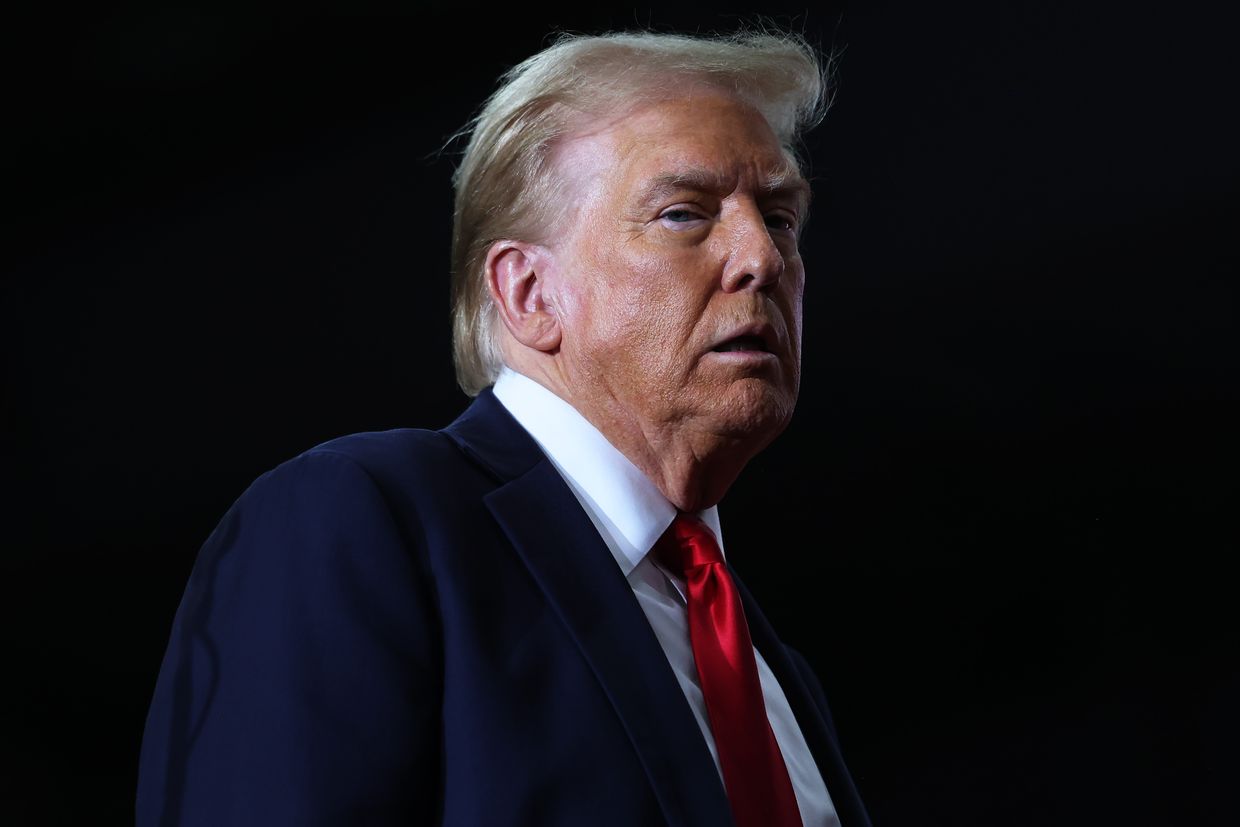
.png)
 German (DE)
German (DE)  English (US)
English (US)  Spanish (ES)
Spanish (ES)  French (FR)
French (FR)  Hindi (IN)
Hindi (IN)  Italian (IT)
Italian (IT)  Russian (RU)
Russian (RU)  5 hours ago
3
5 hours ago
3
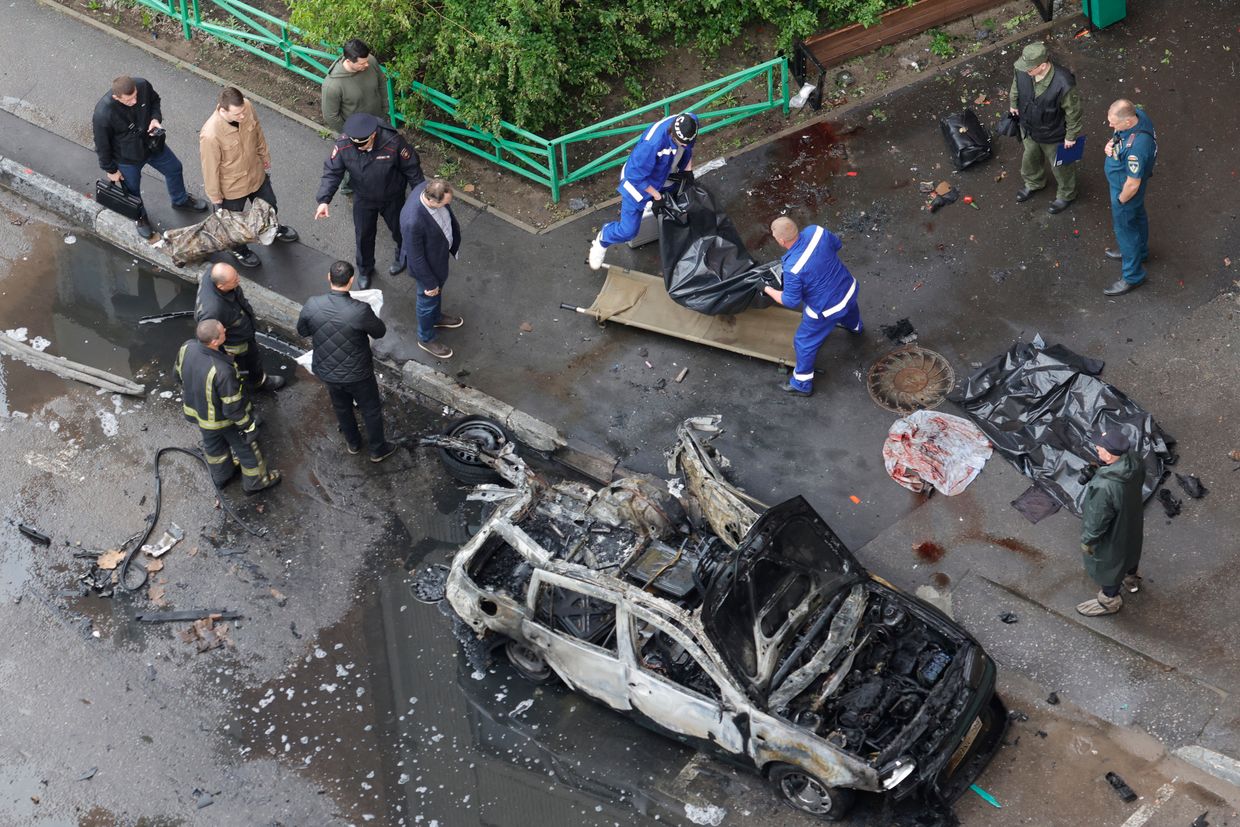
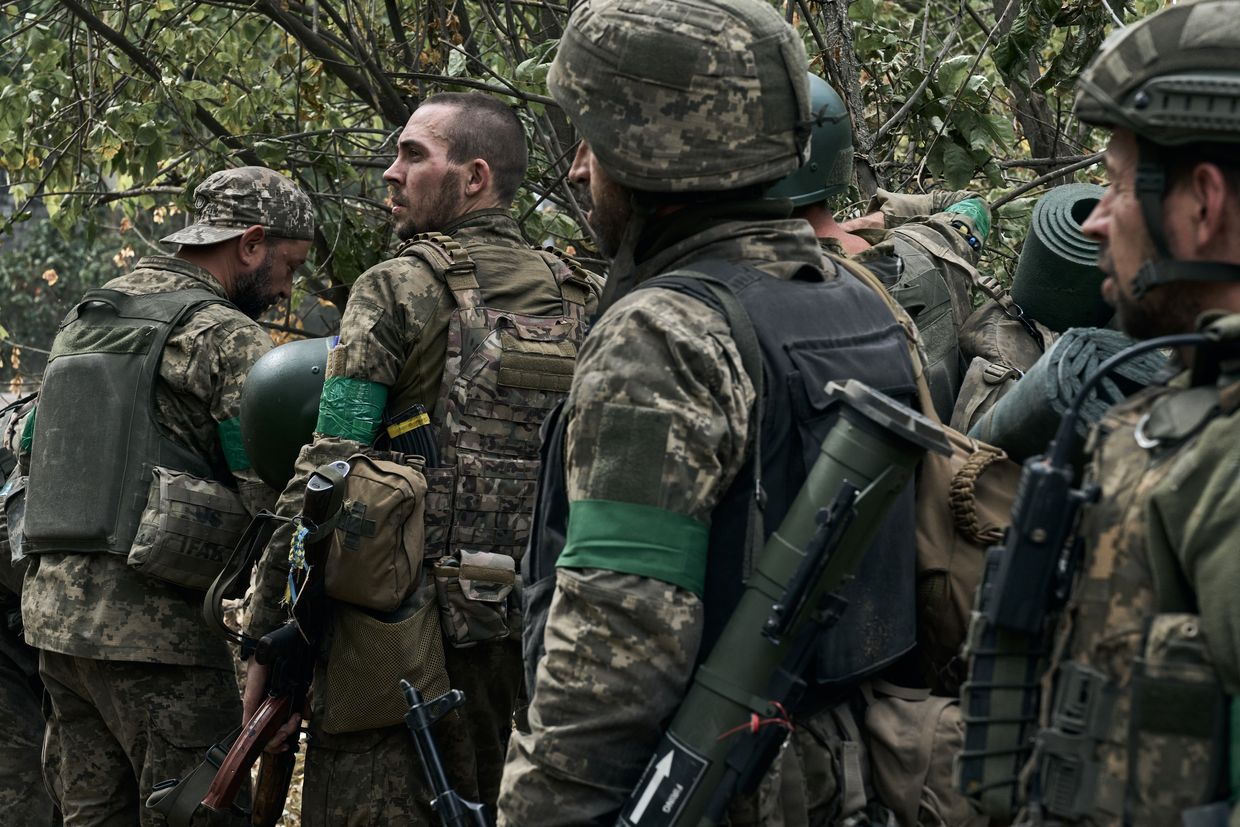
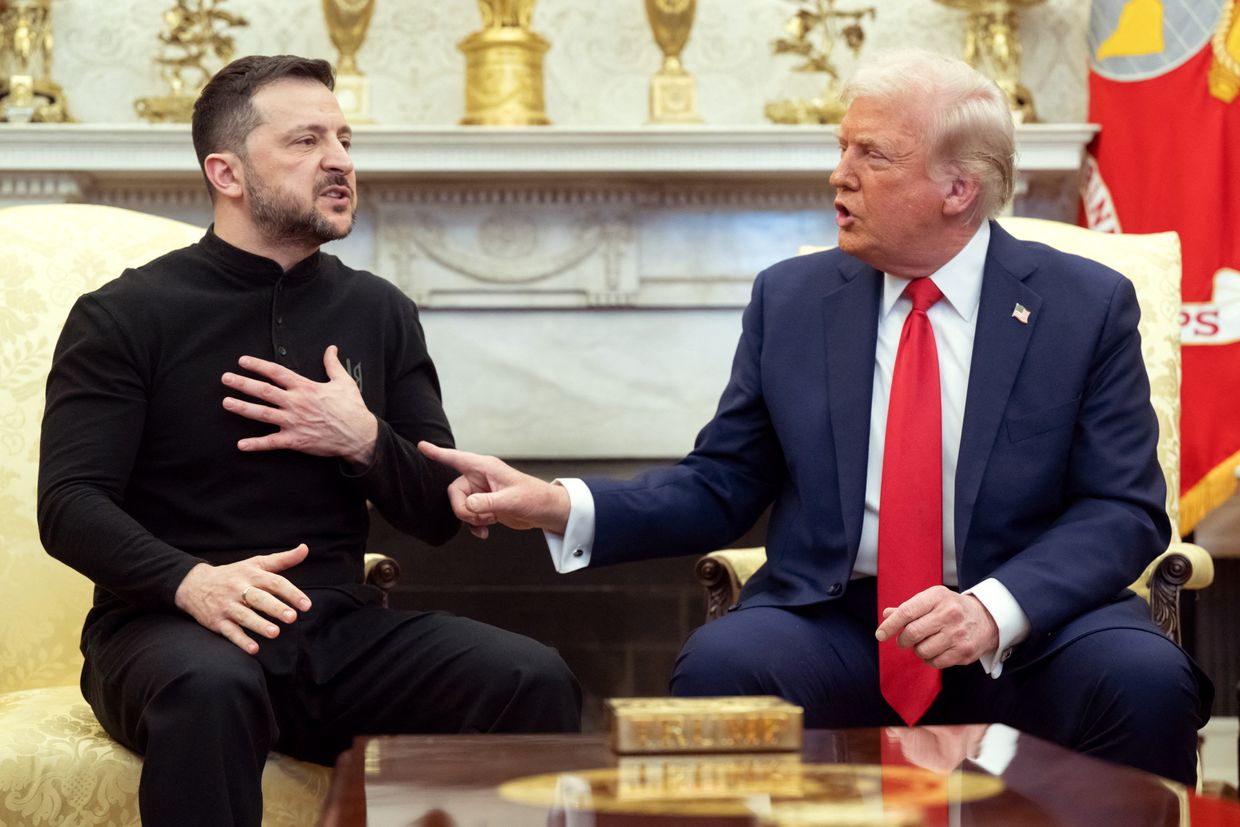
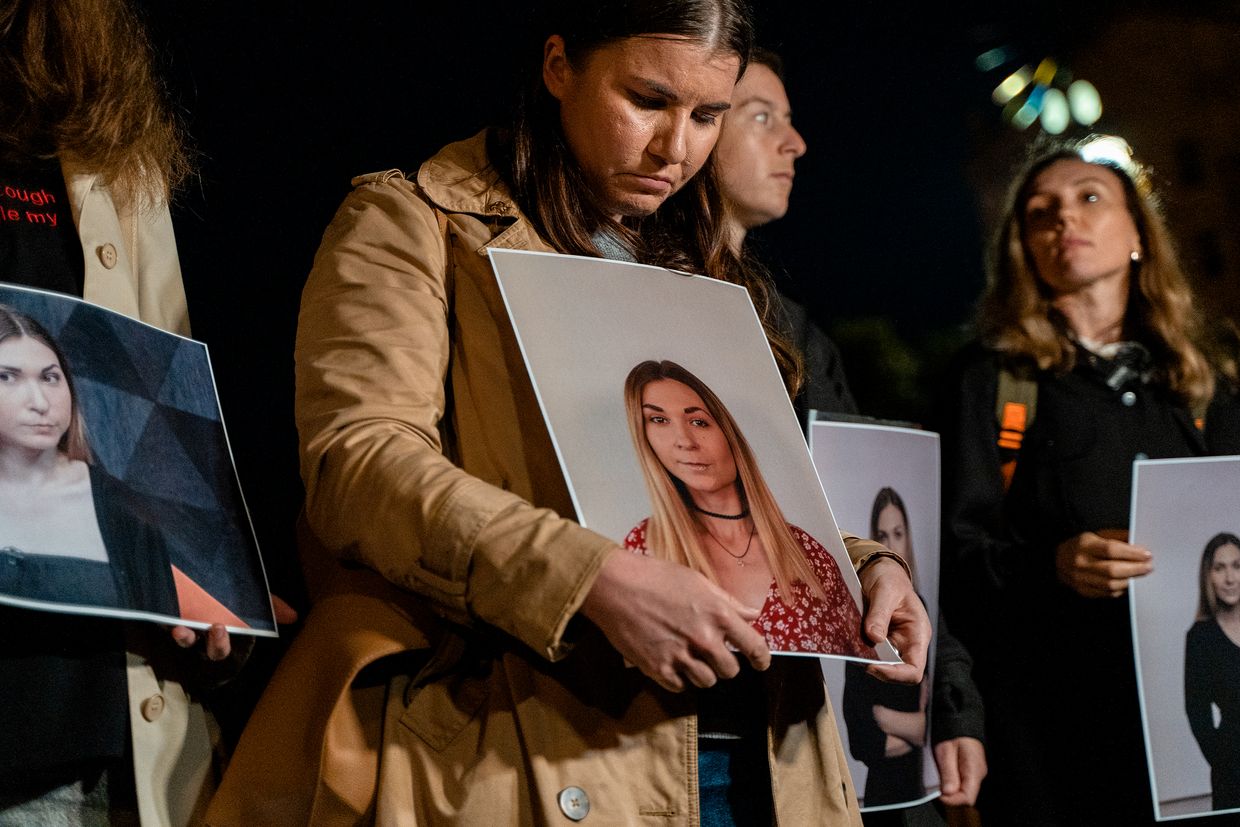


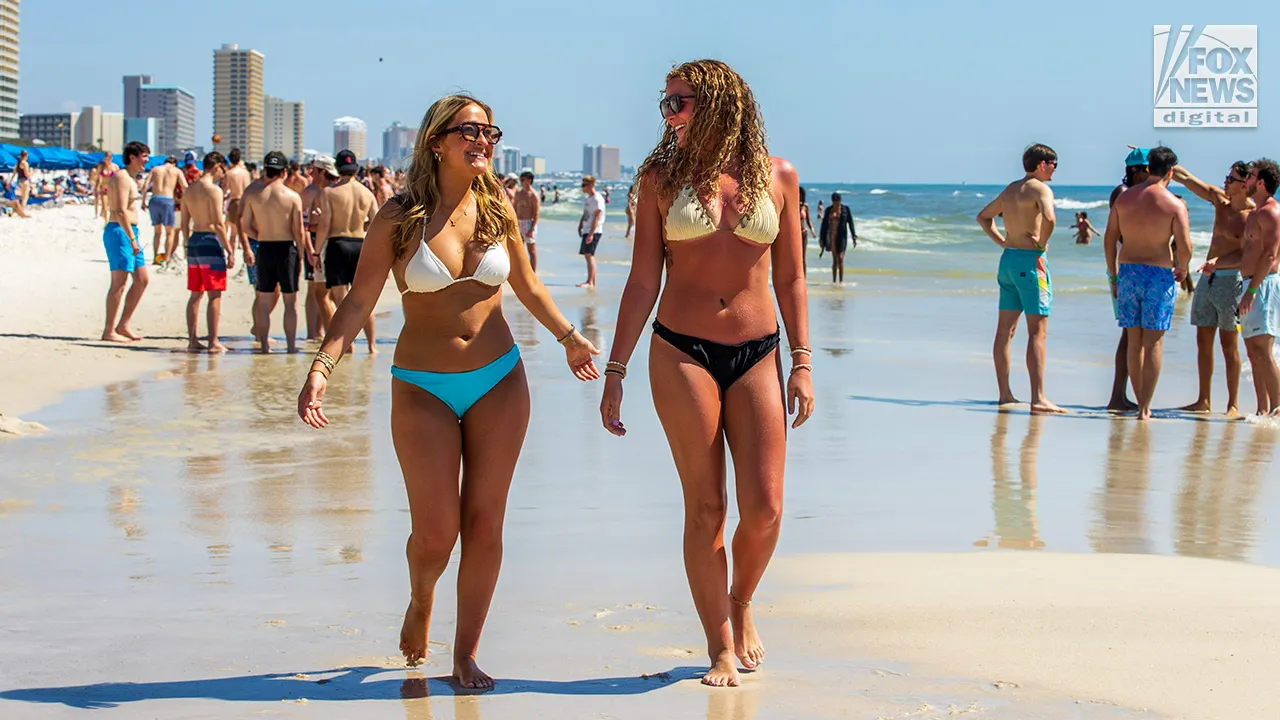


Comments